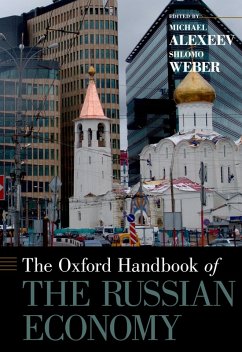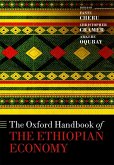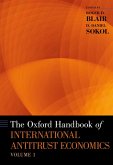By 1999, Russia's economy was growing at almost 7% per year, and by 2008 reached 11th place in the world GDP rankings. Russia is now the world's second largest producer and exporter of oil, the largest producer and exporter of natural gas, and as a result has the third largest stock of foreign exchange reserves in the world, behind only China and Japan. But while this impressive economic growth has raised the average standard of living and put a number of wealthy Russians on the Forbes billionaires list, it has failed to solve the country's deep economic and social problems inherited from the Soviet times. Russia continues to suffer from a distorted economic structure, with its low labor productivity, heavy reliance on natural resource extraction, low life expectancy, high income inequality, and weak institutions. While a voluminous amount of literature has studied various individual aspects of the Russian economy, in the West there has been no comprehensive and systematic analysis of the socialist legacies, the current state, and future prospects of the Russian economy gathered in one book. The Oxford Handbook of the Russian Economy fills this gap by offering a broad range of topics written by the best Western and Russian scholars of the Russian economy. While the book's focus is the current state of the Russian economy, the first part of the book also addresses the legacy of the Soviet command economy and offers an analysis of institutional aspects of Russia's economic development over the last decade. The second part covers the most important sectors of the economy. The third part examines the economic challenges created by the gigantic magnitude of regional, geographic, ethnic, religious and linguistic diversity of Russia. The fourth part covers various social issues, including health, education, and demographic challenges. It will also examine broad policy challenges, including the tax system, rule of law, as well as corruption and the underground economy. Michael Alexeev and Shlomo Weber provide for the first time in one volume a complete, well-rounded, and essential look at the complex, emerging Russian economy.
Dieser Download kann aus rechtlichen Gründen nur mit Rechnungsadresse in A, B, BG, CY, CZ, D, DK, EW, E, FIN, F, GR, HR, H, IRL, I, LT, L, LR, M, NL, PL, P, R, S, SLO, SK ausgeliefert werden.









